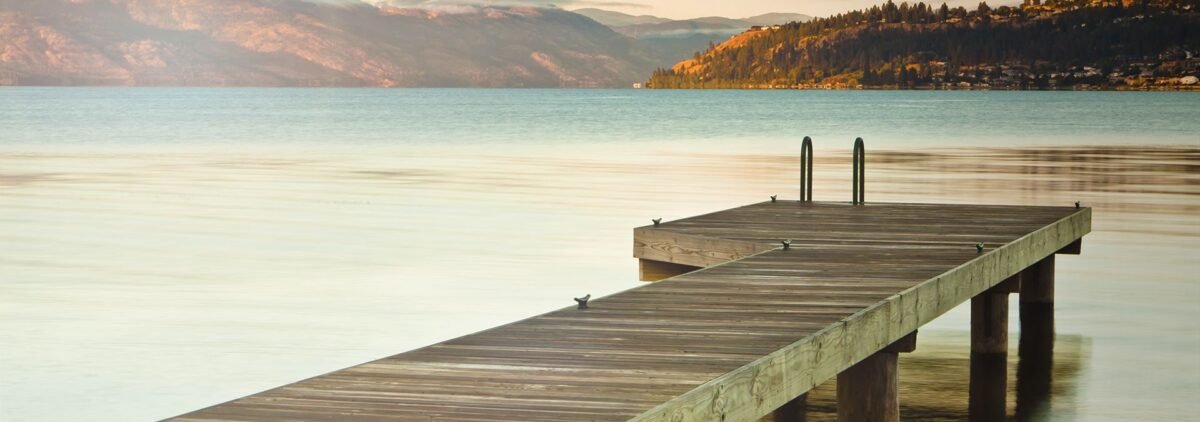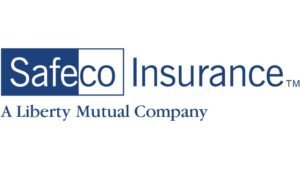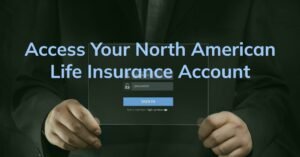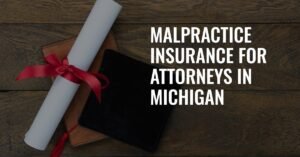
Are docks covered under home insurance
Are docks covered under home insurance? A homeowner’s insurance policy might cover a dock, but it depends on the policy and how the dock was damaged. Some homeowner’s insurance policies will cover structures on the property, like a dock, while others won’t. It is important to read your policy carefully to know what is covered and what is not.
It would help if you also thought about whether or not the dock is used for residential or business purposes. If the dock is used for business, it might not be covered by a normal homeowner’s insurance policy. In this case, you might need to buy a separate insurance policy for the dock to protect it.
Contact your insurance company or agent if you have questions about your home insurance policy and whether or not it covers your dock. They will be able to give you specific information about your policy and any coverage for your dock that may be available.
HOW TO GET YOUR PRIVATE BOAT DOCK INSURED?
You can add it to your homeowner’s insurance policy to protect your private dock under “Other Structures.” This coverage protects the parts of your property that are not your main home.
Properties that qualify are detached garages, guest homes, swimming pools that are dug into the ground, and fences.
Dock Insurance Exclusions
Homeowner’s insurance doesn’t cover two things on a boat dock:
- A pier, port, or wharf falling, unless caused by a building collapsing.
- Damage was done to a pier, dock, or wharf by water or ice that freezes.
- Homeowners should get flood insurance on top of their regular insurance to protect their assets from being lost due to flooding.
Other Things to Think About
There may be other things to think about when insuring your private dock. If the dock is far from your main home, you’ll need to add a site to your homeowner’s insurance. If the structure is only there for part of the year, you should cover it with a policy for personal property.
Imagine that you belong to a boat dock association in your town. You will save money if you only have one deductible per policy instead of having each slip owner get their policy.
Community Docks Insurance
Community docks, also called shared docks or common area docks, are owned and maintained by a homeowner’s association or another type of community group and are used by more than one property owner. Sometimes, the community group must pay for the dock’s insurance.
Suppose the community group is in charge of insuring the dock. In that case, the policy will cover damage to the dock and liability for any injuries or accidents that happen on or near the dock. But it’s important to read the policy carefully to know what it covers and doesn’t.
Suppose you own a home in a community with a shared dock. In that case, you should talk to the community organization or homeowners’ association to find out who is responsible for insuring the dock and what coverage is in place. They should be able to tell you more about the dock’s insurance coverage and what you might need to do to protect your interests.
Dock and Pier Insurance
Dock and pier insurance is a type of policy that protects against the risks of owning and running a dock or pier. These policies can cover damage caused by storms, wind, waves, and other natural disasters, among other things. They might also cover injuries or accidents that happen on or near the dock or pier as well.
People or groups can buy dock and pier insurance policies like marinas, boat clubs, and homeowners associations that own or run a dock or pier. Different approaches may cover different things, so it’s important to read the policy carefully to find out what is covered and what isn’t.
If you want to buy dock and pier insurance, you should talk to an insurance company or agent specializing in this kind of coverage. They will be able to tell you more about the different policies you can choose from and help you choose one that fits your needs.
Why your dock’s flood insurance is probably not going to cover it
If a loss is caused by flooding, the answer to the question about coverage is almost always going to be NO. Most US homeowners are covered by the National Flood Insurance Program (NFIP) policy. However, the following things are not covered:
- Docks
- Seawalls
- Bridges
- Bulkheads
- Wharves \sPiers
If rising water levels or a storm surge damage or destroy your dock, you must pay for it yourself.
Are Docks Covered Under Home Insurance?
If you buy Other Structures coverage for your Homeowners policy, you can get some coverage for your dock. Most of the time, you can buy other structures for 2%, 5%, or 10% of the value of your building. But, as you might expect, the more coverage you want, the more you have to pay for your premium.
Other Structures insurance covers “other buildings on the property that are separated from the house by a clear space.” Here are some examples of common other structures:
- Docks
- Pools (unless covered under your Building coverage) (unless covered under your Building coverage)
- Gates or fences
- Detached garages
- Sheds
Your Other Structures coverage covers the same risks as your home insurance, like fire, lightning, aircraft, windstorm, and hail.
It’s important to know that most homeowners’ insurance policies make it clear that they don’t cover flood damage. They do this by adding language that says water damage caused by a flood, surface water, waves, tides, tidal water, overflow of any body of water, storm surge, or spray from any of these things is not covered (whether driven by wind). So, even if we had a hurricane without much storm surge (which is not likely in Pinellas County), your dock would be damaged by wind-driven rain, which would not be covered.
2 Insurance Exclusions for the Common Dock
Your Other Structures coverage also has some exclusions for docks that don’t apply to your home property.
#1: Homeowners Not Included
The first thing that dock insurance doesn’t cover would be the collapse of a pier, wharf, or dock unless the failure of a building or a building part caused the loss. If your dock falls into the water, you will have to pay for a new one yourself.
#2. Exclusion for Homeowners
The second common exception is when something is frozen. Most homeowners’ insurance policies say they don’t cover damage to a pier, wharf, or dock caused by freezing, thawing, pressure, or weight of water or ice (whether caused by wind or not).
So, what exactly does it cover?
Floods, wind-driven rain, collapse, and water weight are the most common causes of dock damage, but they are not covered. Still, fire and lightning damage are the most common types of covered losses we see. There is also liability coverage, but there are some things that are not covered by the policy.
What Dock Insurance Can Do for You?
There are a few good reasons to buy dock insurance:
- Protects your investment: A dock can be a big investment, and dock insurance can help protect that investment by paying for damage caused by storms, wind, waves, and other dangers.
- Covers liability: Dock insurance can also cover liability if someone gets hurt or hurts themselves on or near the dock. This can help keep you and your business from losing money if you get sued.
- Peace of mind: Having a dock is a big responsibility, and dock insurance can give you peace of mind by ensuring your investment is safe.
- Dock insurance may be needed: In some cases, a law or a lender may require dock insurance to get money to build or fix a dock.
- Coverage that can be changed to fit your needs: Dock insurance policies can be adjusted to fit your business or personal needs, allowing you to choose the right coverage for you and your dock.
Dock insurance can be important for people and businesses who own or run a dock or pier to protect themselves. It can help protect your investment and give you peace of mind if something gets broken or goes wrong.








